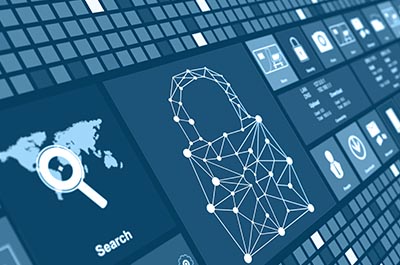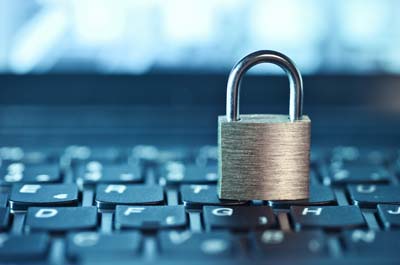A new law will restrict the public disclosure of video and audio recordings created during the commission or investigation of rape, incest, sexual assault, domestic violence, or child abuse that depicts the face, intimate body part, or voice of a victim of the incident. Assembly Bill (AB) 459 goes into effect on January 1, 2018.
An arm of the U.S. Department of Education is warning schools and colleges to prepare themselves to address a new threat from cyber criminals hacking into schools' data systems.
In this issue of the TIP Jar, we explain City of San Jose's big takeaways, and more.
As public agency officials and employees have increasingly turned to text messages and email to facilitate communication anytime and anywhere, they lost touch with a basic truth: Electronic communications are writings.
You may have experienced the following situation working for a local public agency. You open your mail and you see a document entitled "Litigation Hold."
Paper Laws, Electronic Records: An Overview of Record Retention Laws for California School Employees
It is more important than ever that school district employees and elected officials familiarize themselves with their obligations in retaining school district records.
In our technology-driven world, a California Public Records Act request typically seeks some form of electronic communication or record created using a computer and software program.
It's often a headache for school administrators: A teacher opts to forego the district's email system and instead gives out his or her personal cell phone number.
Technology offers a seemingly boundless array of opportunities: It can provide targeted learning to students with diverse abilities, make instruction available to anyone with a computer and an Internet connection, and aid law enforcement efforts to safeguard communities.










